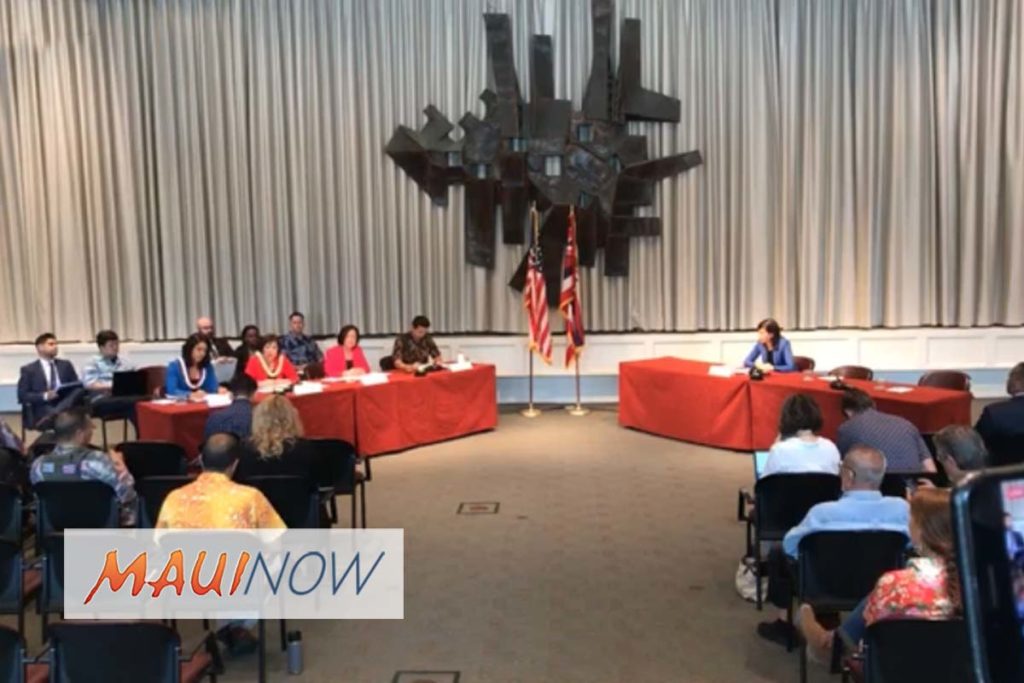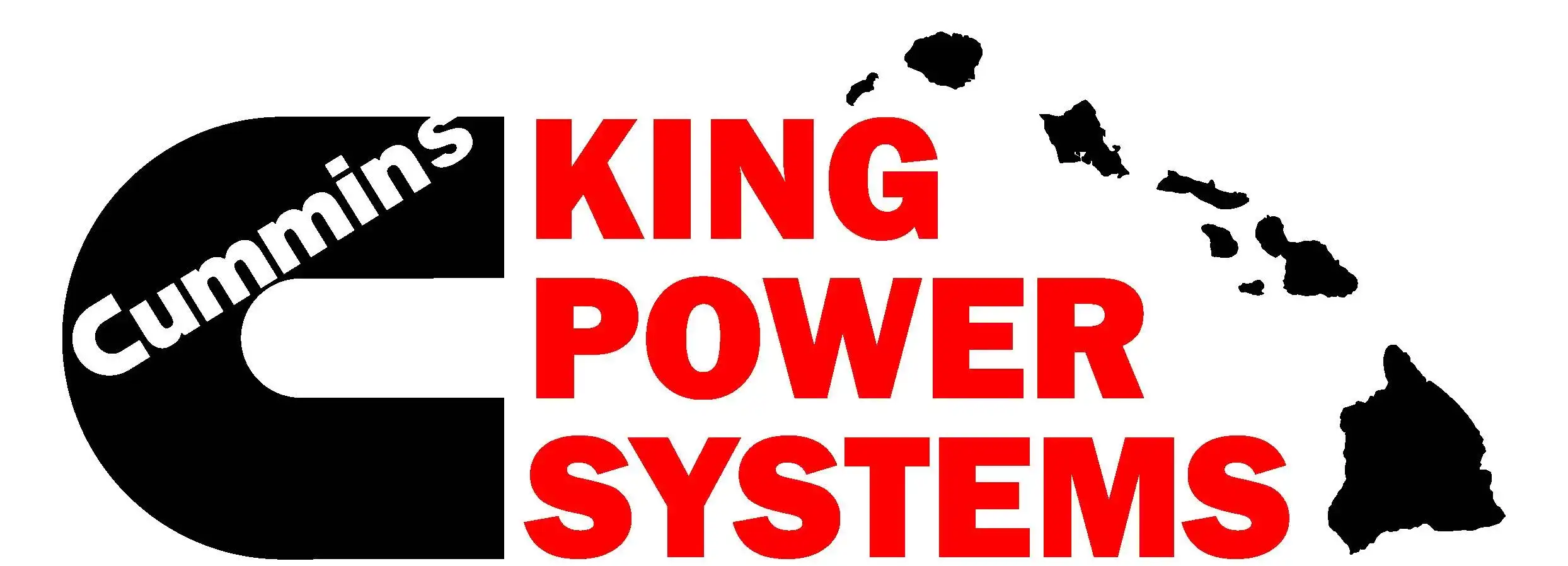Bill Seeks to Improve Nationwide Emergency Alert System

Senate field hearing, “Hawai‘i False Missile Alert: What Happened and What Should We Do Next?” PC: courtesy Sen. Brian Schatz Facebook Live feed
Following the false missile alert sent out across Hawai‘i in January, Reps. Tulsi Gabbard and Colleen Hanabusa introduced legislation to improve the federal Emergency Alert System and emergency alert plans in Hawai‘i and across the country.
The nationwide EAS system, operated by the Federal Emergency Management Agency and the Federal Communications Commission, transmits critical information, updates, and alerts in the event of emergencies and imminent threats to public safety.
Supporters of the Reliable Emergency Alert Distribution Improvement Act (H.R. 6427) say it would increase access to emergency alerts on mobile phones, televisions, and radios by eliminating the option to opt-out of alerts. The legislation would also explore new ways of alerting the public through online video and audio streaming services; create best practices for issuing alerts, avoiding false alerts, and retracting false alerts if they occur; and build the infrastructure to report and track false alerts. Senator Brian Schatz has introduced companion legislation in the US Senate.
On the House floor, Rep. Tulsi Gabbard said:
“On January 13, earlier this year, an alert message was sent out to over one million phones across the state of Hawai‘i that read: ‘BALLISTIC MISSILE THREAT INBOUND TO HAWAII. SEEK IMMEDIATE SHELTER. THIS IS NOT A DRILL.’ This turned out to be a false alarm, but this message terrified residents and visitors all across our state and revealed deep gaps within the alert system, preparedness measures, and communication channels at every level of government. In the months since, my colleagues from Hawai‘i and I have introduced several pieces of legislation to address the problems that led to and contributed to this false alert going out so we can prevent something like this from happening again, not only in Hawai‘i but anywhere in the country.
“We’ve introduced the READI Act, which will expand delivery of critical emergency alerts to cell phones, TVs, and radios, and recognize the new technological ways that people are getting information, seeing how we can get alerts through streaming services like Pandora, Spotify, and Netflix, and ensuring we take these steps now ahead of any future disaster which is critical for every community across this country. I urge my colleagues to join us in supporting and passing this timely and important legislation.”
Rep. Colleen Hanabusa said: “On January 13th our residents and visitors suffered through 38 minutes of terrifying uncertainty after the state issued a false ballistic missile alert. In the aftermath of the incident, we learned that a systemic failure of leadership led to the false alert and that the Hawaiʻi Emergency Management Agency should not be responsible for notifying the public about an act of war. We also discovered that not everyone received the mobile phone warning and no mechanism was in place to immediately retract the false alert. The READI Act will fortify and improve the federal Emergency Alert System and expand the reach of emergency alerts on phones, tv, radio, and online. It will create effective policies and procedures for issuing alerts and the ability to immediately retract misinformation. We must help restore the public’s trust in government and ensure that we have an effective alert system in place.”
Background: The Reliable Emergency Alert Distribution Improvement (READI) Act of 2018 aims to accomplish the following:
- Ensure more people receive emergency alerts by eliminating the option to opt out of receiving certain critical federal alerts, including missile alerts, on mobile phones;
- Require active alerts issued by the President or FEMA to be repeated. Currently, alerts on TV or radio may only be played once;
- Explore establishing a system to offer emergency alerts to audio and video online streaming services, such as Netflix and Spotify;
- Encourage State Emergency Communications Committees to periodically review and update their State Emergency Alert System Plans, which are often out of date;
- Compel FEMA to create best practices for state, tribal, and local governments to use for issuing alerts, avoiding false alerts, and retracting false alerts if they occur, as well as for alert origination training and plans for officials to contact each other and federal officials during emergencies; and
- Establish a reporting system for false alerts so the FCC can track when they occur and examine their causes.
Congresswoman Tulsi Gabbard has also introduced several measures following the false missile alert in Hawai‘i to identify mistakes, establish best practices, and strengthen the emergency alert protocols and civil defense procedures.
- The Civil Defense Accountability Act of 2018 (H.R. 4949) that would improve accountability by ensuring transparent investigations and disclosure into the incident and establish best practices to strengthen state and national preparedness and disaster communications plans, among other measures.
- The Civil Defense Preparedness Act of 2018 (H.R. 5399) would expand existing Department of Homeland Security errorism and catastrophic event grant programs to include improving nuclear, biological, and chemical attack preparedness.
- The Authenticating Local Emergencies and Real Threats (ALERT) Act of 2018 (H.R. 4965) would improve the emergency alert system and give the federal government the primary responsibility of alerting the public of a missile threat.




_(2)_1751920774087.webp)



